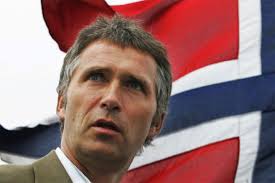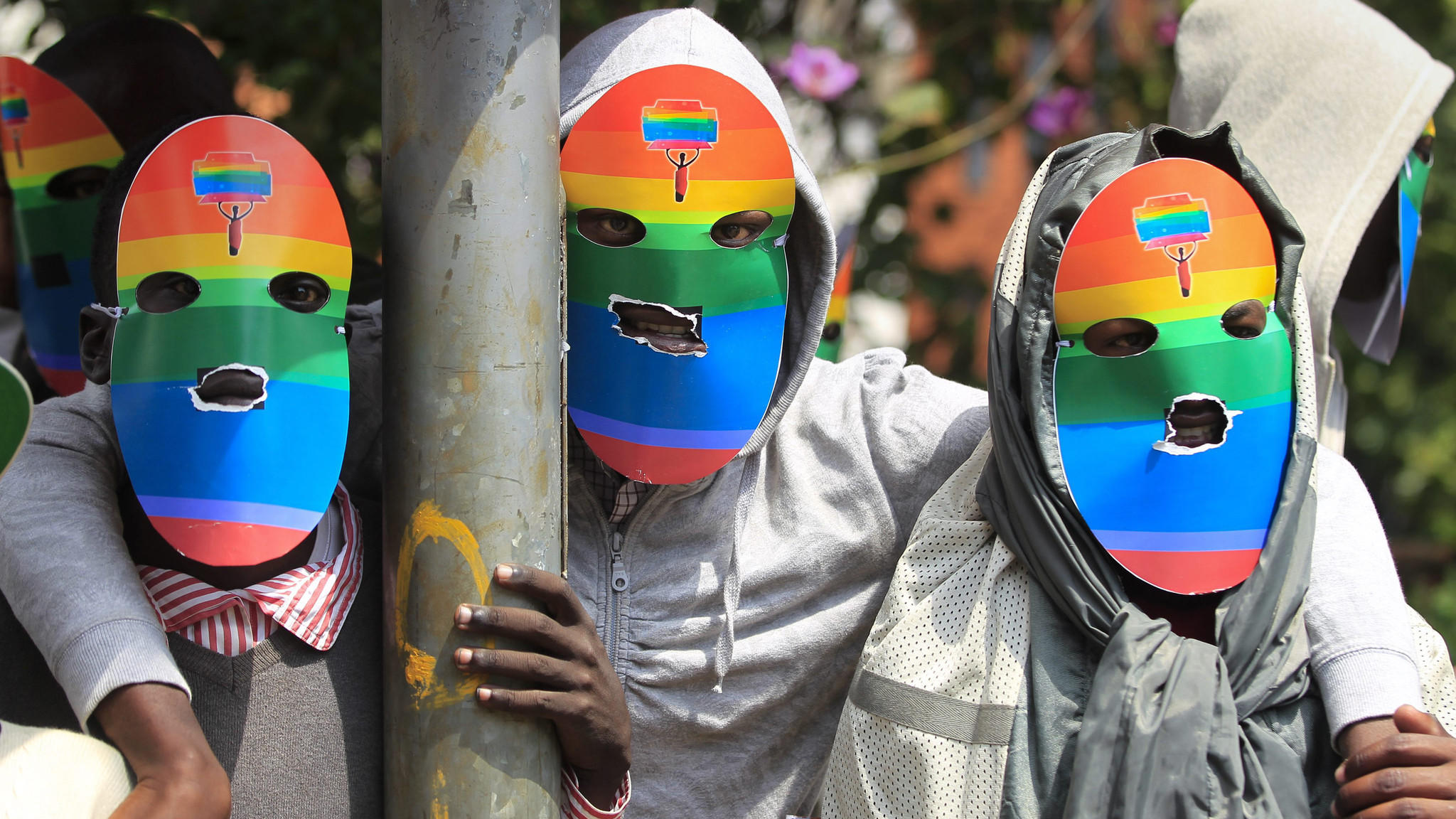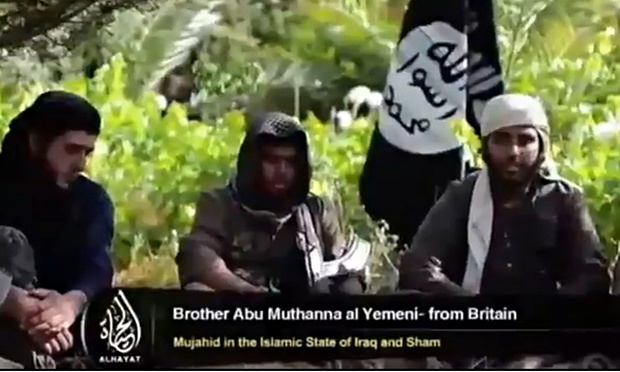[captionpix align=”left” theme=”elegant” width=”300″ imgsrc=”http://natoassociation.ca/wp-content/uploads/2014/04/jens.jpg” captiontext=”On March 28, Jens Stoltenberg was announced as NATO’s incoming secretary-general”]
On March 28, NATO announced the appointment of former Norwegian Prime Minister Jens Stoltenberg as the replacement for Anders Fogh Rasmussen as its secretary-general beginning this October.
While Prime Minister of Norway between 2005 to 2013, Stoltenberg frequently demonstrated his support for NATO, often calling for greater transatlantic cooperation. He is also known for calling on NATO to focus on security challenges close to Allied territory.
Once assuming his NATO post, Stoltenberg will be confronted with the challenge of determining the best way of approaching Russia. The March 18 Russian annexation of Crimea has given NATO a new lease on life according to some pundits. Since the end of the Cold War, NATO’s relevance has often come into question. Regardless of one’s take on NATO’s relevance, Crimea marks a challenge NATO has not faced in decades. This challenge is that for the first time since the end of the Cold War, the immediate security of NATO members has come under threat by Russia.
More specifically, NATO’s Baltic and eastern European contingent feel increasingly unsettled especially given their history with Russia and recent remarks made by President Putin during his March 18 speech where he lamented the large number of Russians divided from the country following the collapse of the Soviet Union. Russian minorities are found not just in Ukraine, or other post-Soviet states such as Kazakhstan, Uzbekistan, Belarus or Moldova, but also in NATO countries such as Estonia and Latvia. Though unlikely, NATO faces the distant prospect of Russia’s posing a direct military threat to NATO’s post-1999 members.
The Crimea crisis has also brought increased attention to the second major challenge Stoltenberg will have to confront: decreased national defense spending and burden sharing. Since the outset of the global economic crisis in 2008, NATO members have spent less in recent years largely due to financial constraints. Though NATO has agreed members should spend at least 2 percent of Gross Domestic Product on defense, 2014 NATO figures show that only the U.S., Britain, Greece and Estonia met this target last year. European members of NATO spent 1.6% of their combined GDPs in 2013.
With NATO’s Baltic and eastern European members feeling increasingly threatened, and the EU’s interests undermined by Russia’s annexation, NATO will once again have to revisit its spending and burden sharing issue with a greater sense of urgency. During his visit to Brussels on March 26, President Obama cited Crimea as a reminder that global security should not be taken for granted and that NATO members needed to contribute their fair share. However, some analysts argue little will change in NATO defense spending as many member states will have trouble justifying increasing defense spending while they continue to experience economic challenges.
Though preparations for his nomination for NATO’s top post were made in the months prior to the Crimea crisis, Stoltenberg’s nomination could not have come at a more appropriate time for NATO. During his tenure as Norwegian prime minister, Stoltenberg maintained relatively good relations with Russia. At the 2010 NATO Summit, he called for enhanced cooperation between the Alliance and Russia. In 2011, Stoltenberg oversaw the settlement of a 44-year-old conflict on how to divide the Barents Sea which now allows companies from both countries to exploit the resource-rich sea.
[captionpix align=”left” theme=”elegant” width=”300″ imgsrc=”http://natoassociation.ca/wp-content/uploads/2014/04/Stoltenberg-and-putin.jpg” captiontext=”Though he maintained cordial relations with Russia, Stoltenberg will face pressure to coordinate a strong alliance response towards Russia.”]
However, in October, Stoltenberg will be confronted with an increasingly belligerent Russia. Though widely respected and supported, Stoltenberg faces the unenviable tasks of coordinating NATO’s strategic approach in its Russia relations and with Russia convincing member states to increase defense spending even while they continue recovering from the global economic crisis. It will be interesting to see how he decides to approach both these issues.




